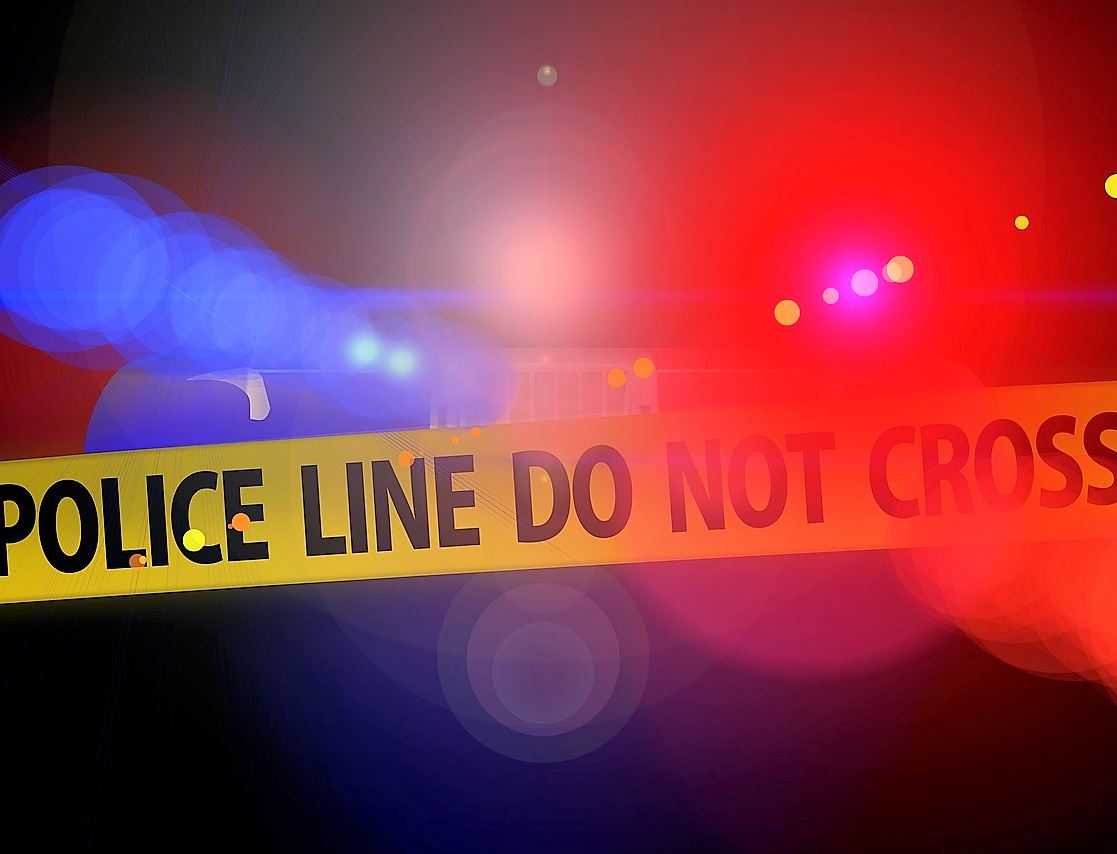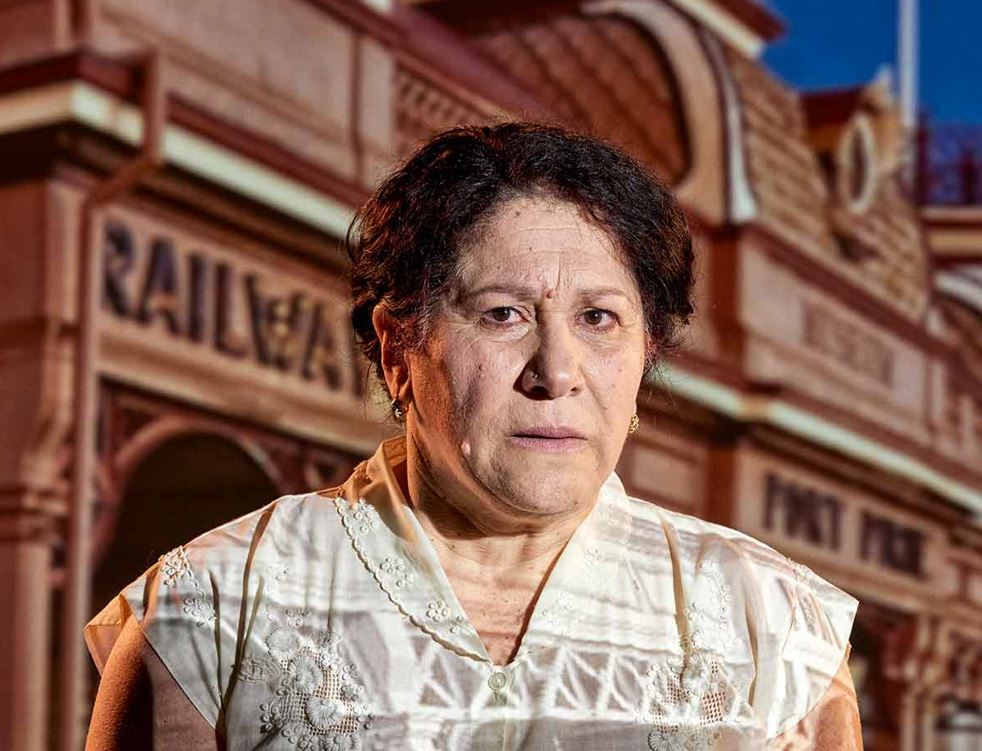
Flinders University researchers will help ‘nail’ new methods of catching criminals – and to capture the untold benefits of the arts and culture – after securing two Australian Government Linkage Projects scheme research grants.
The latest round of Australian Research Council Linkage Projects scheme research grants, announced by Education and Training Minister Senator Simon Birmingham, injects more than $26 million into a suite of important industry-university investigations across Australia.
In the new round of 66 projects, a Flinders University College of Humanities, Arts and Social Sciences research group led by Professor Julian Meyrick and Laboratory Adelaide colleagues was successful in securing a new $180,437 Linkage grant to expand investigations into assessing the true value of culture.
In the College of Science and Engineering, Professor Adrian Linacre and Professor Paul Kirkbride will work with police forensic experts in SA and interstate in a $106,705 Australian Research Council Linkage Projects grant to develop a world-first technique to collect “invisible” DNA at crime scenes.
“We are very pleased to see the ARC Linkage Projects scheme provide so many excellent opportunities for our researchers to collaborate closely with industry,” says Flinders University Deputy Vice-Chancellor (Research) Professor Robert Saint.
“Not only does this give Flinders University the chance to develop its world-class research in a wide range of industries, but also engage our students in unparalleled opportunities to engage with fields of endeavour and practical, workplace-related experiences along side their academic studies,” Professor Saint says.
Professor Linacre’s team previously discovered that the DNA dye is very effective at revealing the presence of human cells in evidence such as finger marks.
Assisted by blue light, the new project will develop “our highly promising proof-of-concept that currently allows visualisation of invisible DNA (latent DNA) that are currently invisible to crime scene investigators”.
“We think this quick and inexpensive prototype technology can readily be transferred to real forensic case work to more effectively improve investigators’ ‘hit rate’ in recovering evidence from serious crimes or terrorist incidents,” Professor Linacre says.
“For the first time ever we have developed a means to collect DNA evidence from traces left on surfaces for up to four months.
“This could lead to the next generation of more informative DNA profiles, with evidence from surfaces which currently yield no genetic information”
Meanwhile a new way to measure the intrinsic value of culture to society is the target of the second Flinders Linkage Project grant announced this month.
Flinders Professor of Creative Arts Julian Meyrick’s collaboration with Arts SA and Festivals Adelaide aims to “change the ways culture’s value is publicly determined with new online reporting processes, principles and forms for cultural practitioners and funding agencies”.

“The project will transform the way artists and cultural organisations communicate the value of what they do to governments,” Professor Meyrick says.
“These innovative, socially responsible reporting frameworks will provide more meaningful reporting practices to enhance understanding in both policy and cultural domains.”
Other researchers in the project include Flinders Professor Robert Phiddian, Professor Richard Maltby and Dr Tully Barnett, along with Mr Procopis (Peter) Louca, Ms Satu Teppo and Ms Christobel Anthoney from partner organisations Arts SA and Festivals Adelaide.
Professor Meyrick says it is very important to place “public value” in the reporting relationships that exist between government agencies and cultural organisations.
“Over the past 30 years, there has been a gradual erosion of the concept of public value and its replacement with purely private notions of benefit and price exchange,” Professor Meyrick says.
“So, along with Laboratory Adelaide’s research to improve the communication of the value of arts and culture, its broader mission is to address issues around public value, and the resuscitation of trust, meaningfulness, and true purpose in the methods used to report it.”

